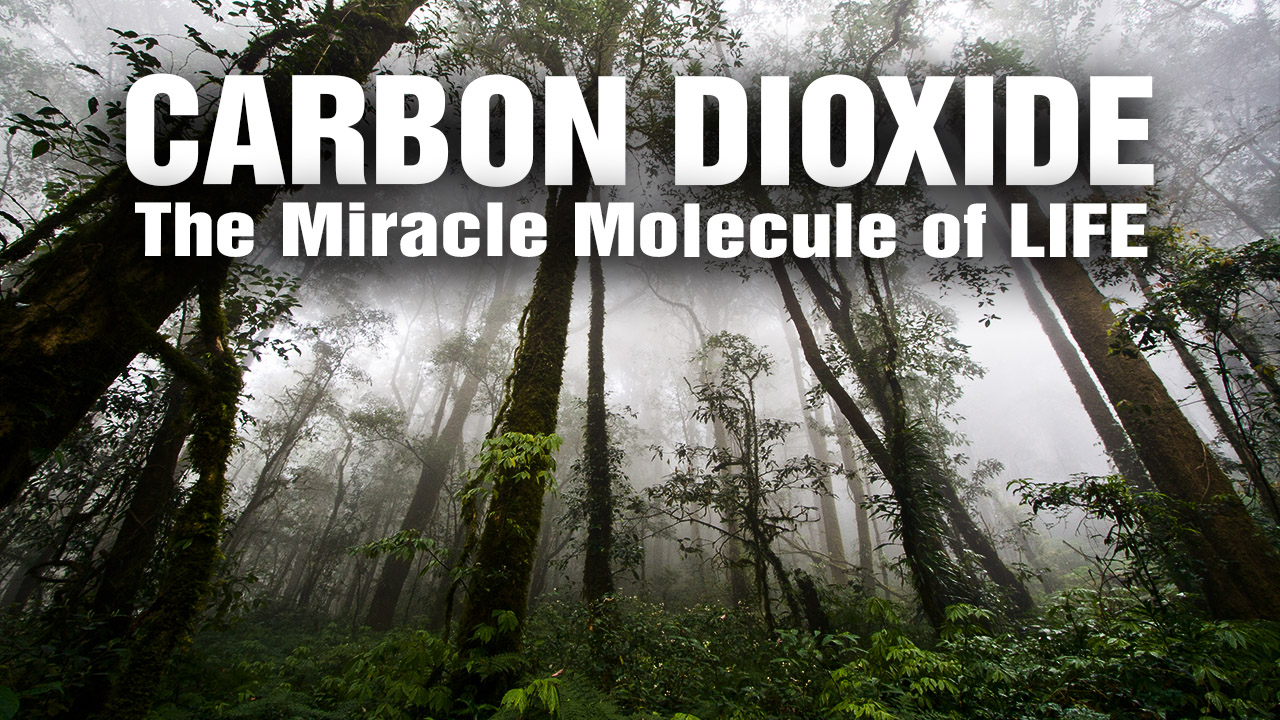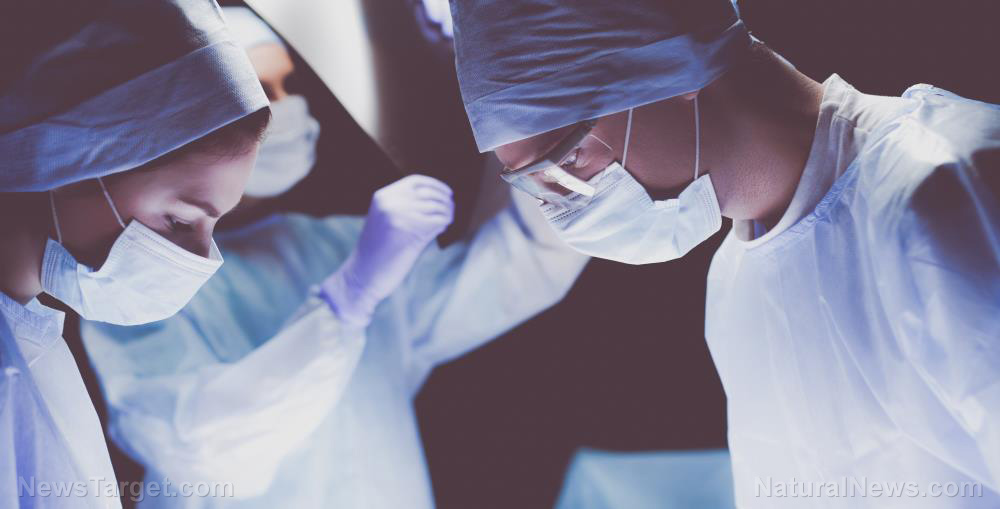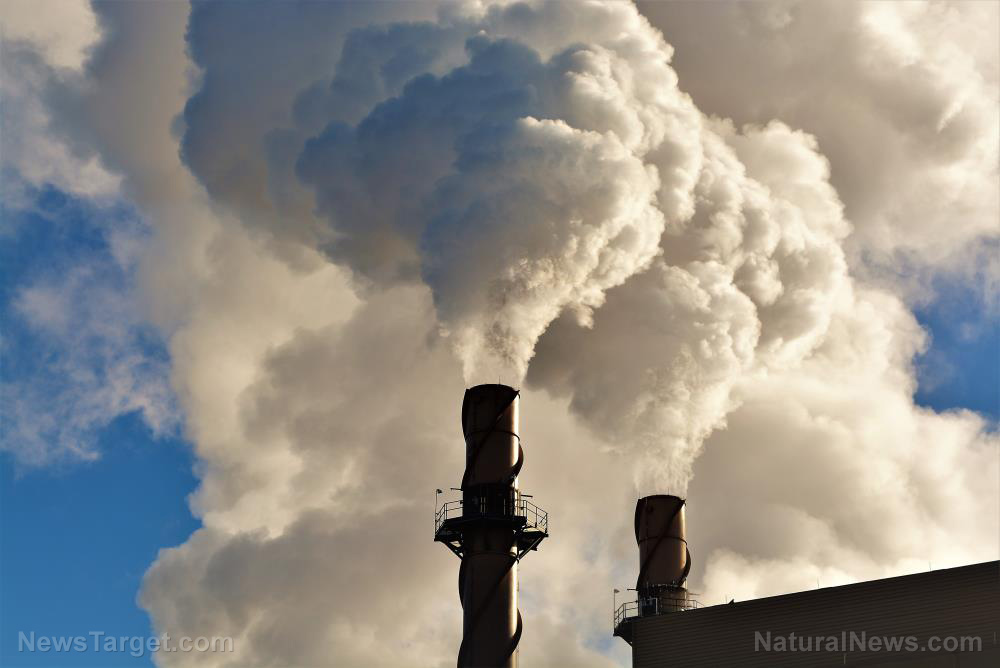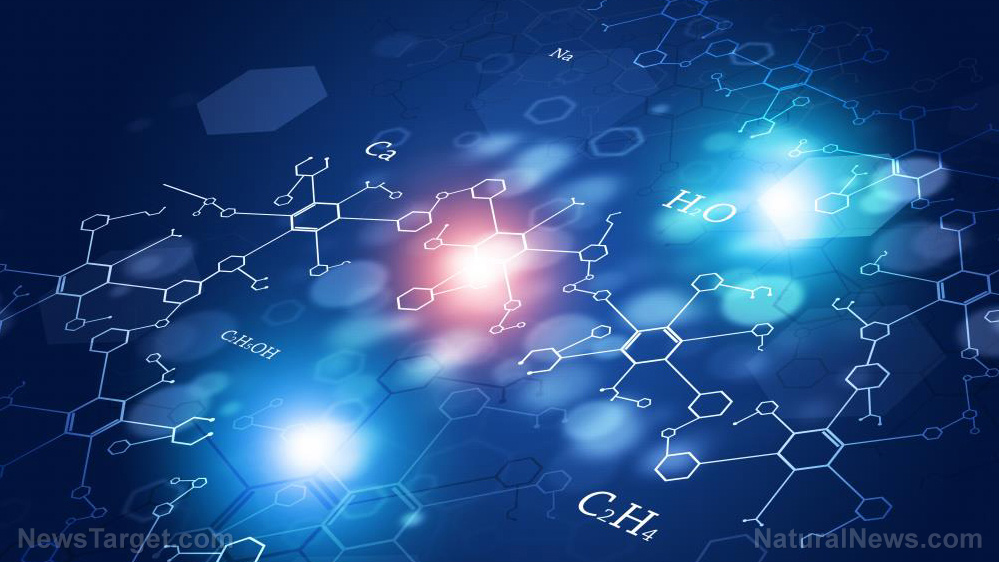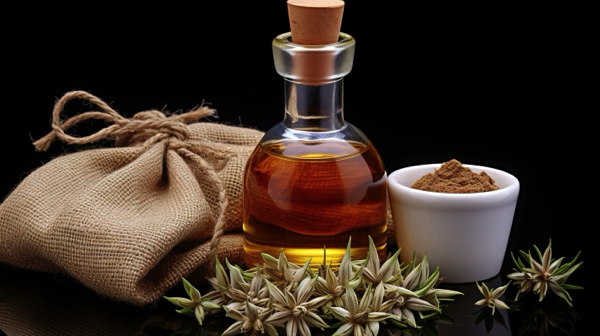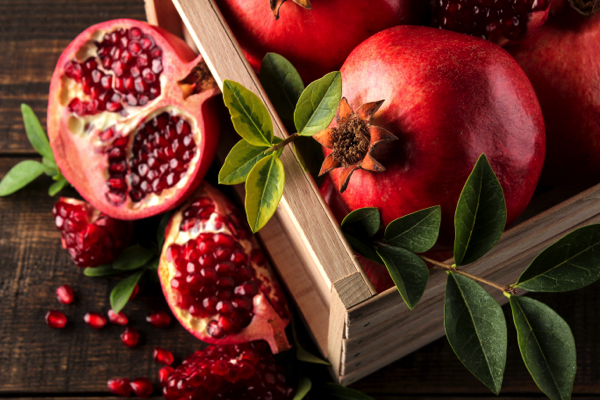How much glyphosate is really in your beer? Health Ranger tests 26 popular beers in science lab to reveal surprising answer
07/30/2019 / By Mike Adams
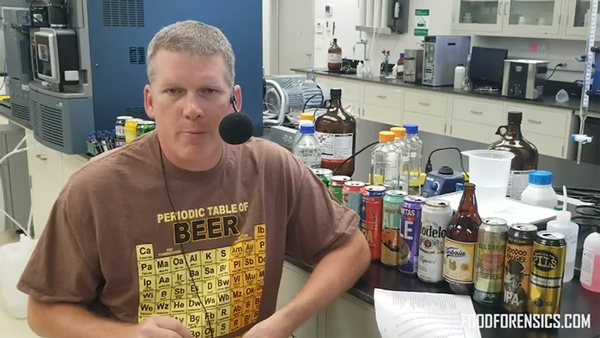
According to media reports, beer products are heavily saturated with glyphosate, a toxic, cancer-causing weed killer chemical. But is the media really telling the truth?
To find out, we tested 26 popular beers in our mass spec laboratory, using LC-MS-MS instrumentation that’s sensitive below 1 ppb. The findings may surprise you, because they contradict what the media is dishonestly reporting about glyphosate in beer. (See full chart of results and video below…)
We began to suspect the media was being dishonest about glyphosate in beer when we saw the media claiming beer products “tested positive” for glyphosate. But “testing positive” is scientifically meaningless, because it says nothing about the concentration of glyphosate in the beer products. Just one molecule of glyphosate could qualify as “testing positive,” yet one molecule by itself has zero risk of harm. Like other agricultural chemicals, glyphosate’s toxicity is directly proportional to its concentration in your blood. This is determined by the concentration of glyphosate in the products you are consuming or putting on your skin.
When media outlets don’t report the concentrations but say a product “tests positive” for glyphosate, they are being deceptive and utterly non-scientific. That’s not surprising, considering that nearly all mainstream media journalists are scientifically illiterate, which is why they’ve all been stupidly brainwashed to believe that carbon dioxide is bad for the planet. In truth, CO2 is the “miracle molecule” for plant life that’s re-greening the planet, even according to NASA.
Here’s a video frame showing our triple quad mass spec instrument, alongside the beers being tested:
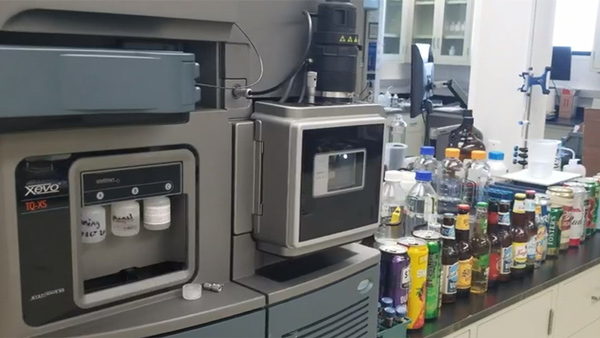
Understanding the units of concentration for glyphosate in liquids
For glyphosate and other pesticides or herbicides, by the way, food scientists describe concentrations in units of micrograms per milliliter. (?g / ml). A microgram is one millionth of a gram. A milliliter is one one-thousandth of a liter. One ?g / ml equates to 1 ppm in common lab science language. So when someone says a pesticide is present in water at 1 ppm, what they means is 1 ?g /ml. (Note carefully that ?g is a unit of mass, while ml is a unit of volume, which means this expression is mass / volume, meaning it’s the mass of the herbicide that’s present in a volume of liquid.)
A nanogram per milliliter (ng / ml) is 1 ppb, or one part per billion. If a liquid such as beer or water contains 1 ng / ml of glyphosate, it means there is 1 part per billion of glyphosate in the liquid.
Glyphosate herbicide purchased at retail outlets for use on lawns and landscape applications is often 41% glyphosate, which is equal to 41 parts per hundred, or 410 parts per thousand, or 410,000 parts per million, or 410,000,000 parts per billion. (Those are all equivalent expressions.)

If you spill just one milliliter of 41% glyphosate on your skin, you are exposed to 410,000 ?g of glyphosate, which goes right through your skin and into your blood. In contrast, if you drink a full liter of beer that contains just 10 ppb of glyphosate, your total exposure is just 10 ?g.
Thus, you would have to drink 41,000 liters of beer to equal the same glyphosate exposure as spilling 1 milliliter of glyphosate concentrate on your skin. (A milliliter is just a few drops.)
Watch my video, exclusively on Brighteon.com, to learn the rest of the shocking truth about glyphosate in beer and how the media is deceiving you:
Brighteon.com/00a2c485-1c6d-4968-943f-07b3569e0197
P.S. CWC Labs will soon announce glyphosate testing to the public.
Here’s the full chart of what we found. Note that all of these results would essentially be considered “zero” by food scientists:
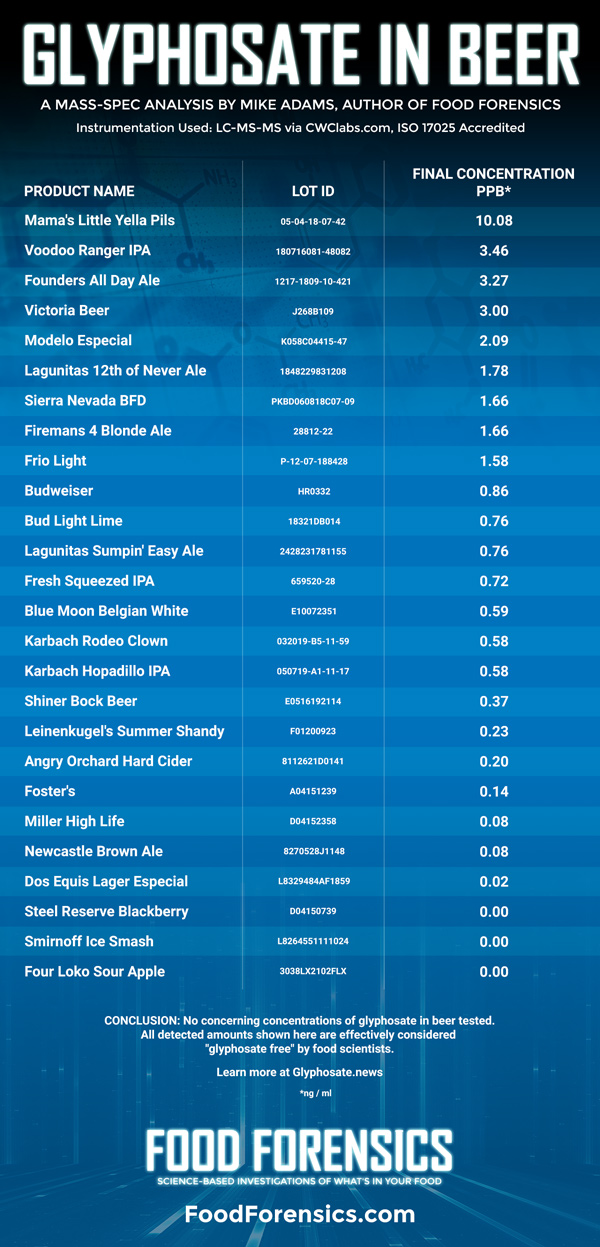
Stay informed. Read more at Glyphosate.news or FoodForensics.com.
Submit a correction >>
Tagged Under:
Alcohol, beer, exposure, glyphosate, glyphosate testing, Health Ranger, herbicides, lab science, Lab Testing, Mike Adams, real investigations, truth
This article may contain statements that reflect the opinion of the author
RECENT NEWS & ARTICLES
COPYRIGHT © 2017 REAL SCIENCE NEWS

